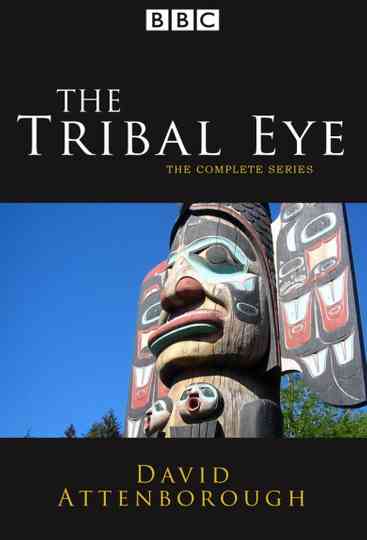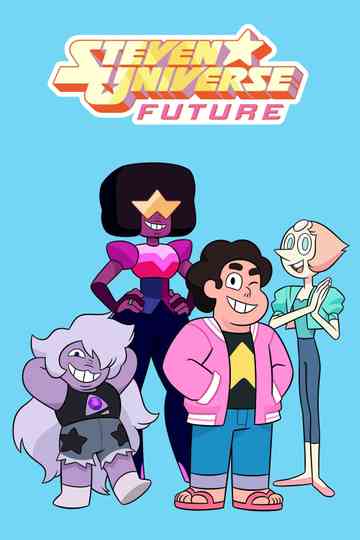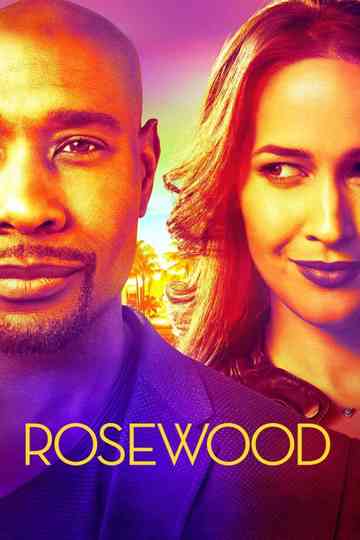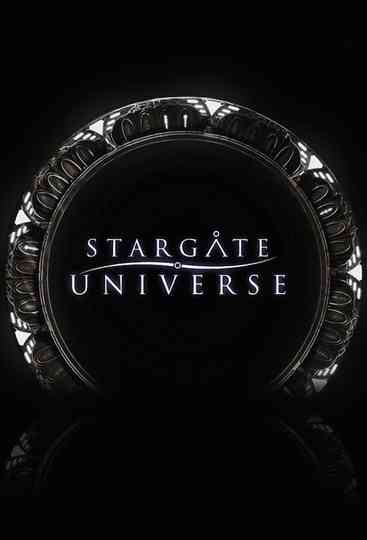Miniseries Episodes
1. Behind the Mask
The craftsmen of the Dogon people of Mali are among the finest sculptors in the world. The head of each household must tend the wooden cult figures in which the spirits of his ancestors dwell, feeding them regularly with millet and blood to ensure the fertility of the fields, the return of the seasonal rains and the health of the people. Concealed in remote desert shrines, the carvings are as meaningful to the Dogon as the Bible is to the Western world. Without their sculpture, some of the most splendid and crucial events in their lives could not take place.
2. Crooked Beak of Heaven
The Northwest Coast Haida, Gitksan and Kwakiutl Indians inhabit a beautiful, harsh land along the coast of British Columbia and south to Oregon. Pre-eminent carvers of wood, they created totem poles that are among the largest wooden sculptures ever made by man. Integrating footage made of tribal rights by Edward Curtis in 1912, the film contrasts them with those same rights today. The spectacular theatrical genius of these people is particularly vivid during the dance of the cannibal birds known to the Kwakiutl as “the crooked beak of heaven.”
3. Sweat of the Sun
Gold has fascinated people in all cultures, representing in their minds perfection and immortality. In the pre-Columbian Indian civilization of Central and South America native craftsmen fashioned gold into the most exquisite expressions of their culture. Few of the beautiful golden artifacts of the Aztecs and Incas are left today. Most of them were melted down by the pillaging Spanish conquistadors. However, some exquisite pre-Columbian art does still exists, and narrator David Attenborough describes how these were used by priests in practical and ritual fashion, including human sacrifice. He explores the Aztec and Inca sites, describing the lives of the people who occupied them and examining those breath-taking treasures that remain.
4. Kingdom of Bronze
In 1897 a group of African bronzes arrived in London that caused a sensation. Many European experts refused to believe that the bronzesmiths of the obscure ancient African kingdom of Benin in Nigeria could have developed the sophisticated technique of bronze-casting by themselves. David Attenborough traces the bronzes and the “lost wax” technique back to the craftsmen of Ife, the sacred town of the Yoruba people, predating by a century any European influence. We also see the beautiful and elegant portrait busts, plaques and standing figures which read as impressive chronicles of the elaborate court life under the autocratic Obas of Benin.
5. Woven Gardens
In a wonderful combination of beauty, function and tradition, this episodes features the rugs of the Qashqa’i Nomads of Iran. The rugs are a perfect mirror of the nomadic life of this Iranian people. Wool is gathered from sheep, goats and camels & dyes are made from the juices of plants. But with Qashqa’i rugs, beauty is second to function. They offer protection from the frozen ground and provide a shield against the bitter winds. When a girl marries a man from another group, she weaves the patterns her husband expects to see on his rugs, but she also integrates the images from her own tradition, thus creating a new family design.
6. Man Blong Custom
Some of the most spectacular and dramatic tribal sculpture in the world came from the islands of the Western Pacific. Today, Malekula, in the New Hebrides is one of the few places where people still carve in the old tradition. Rituals are held in the men’s cult-house, where masks and figures are made to be exhibited to boys as they become initiated into the spirit world. Life size effigies, the heads of which are human skulls fleshed out with clay, dance as cavorting puppets in funeral ceremonies. The images are startling, even horrifying, but they are essential elements in the religious life of the people. Without the one, the other would disappear. Then we journey to the neighboring Solomon Islands and examine their magnificent war canoes, their sea spirit dances, and an anthropological phenomenon, Moro. This island mystic arose to say that the gods of the island wished the people to send the foreign Christians back home and once again worship the ancients.
7. Across the Frontiers
Attenborough summarizes his exploration of tribal ways as seen through tribal arts. He explains that the structure of many tribal societies is so delicate that even apparently helpful ideas introduced from the outside can rock a community to its foundations and leave the people deeply confused, with no faith in the old and no real understanding of the new. Several contemporary examples of cross-cultural fertilization that produced worthy results are examined. Points out that it is an illusion that tribal societies have remained unchanged since time immemorial.









